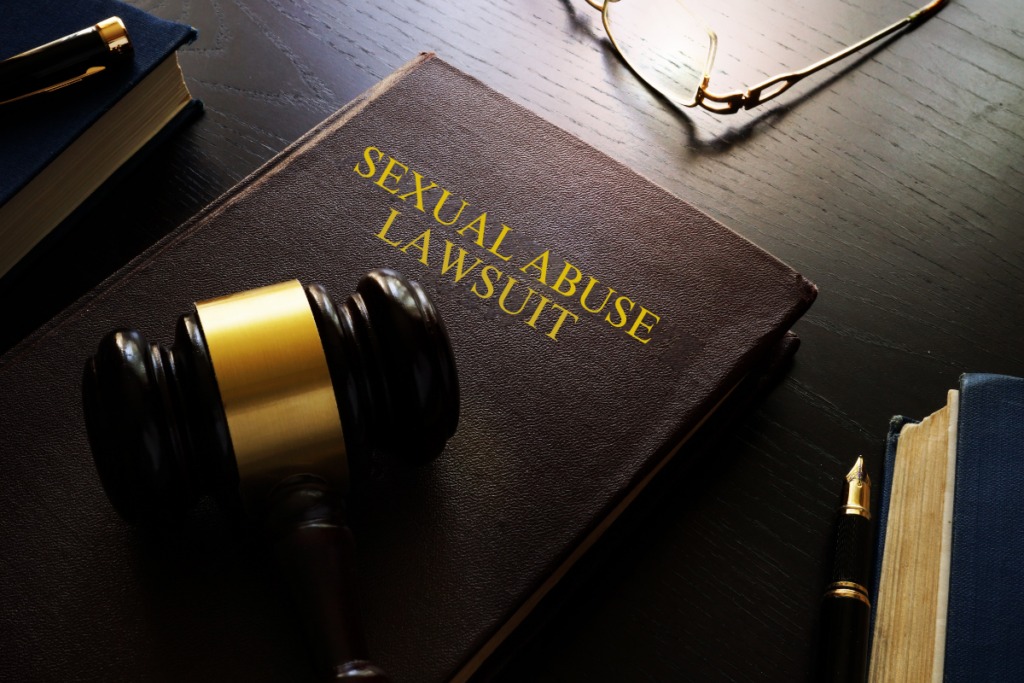Experiencing sexual abuse is a traumatic and deeply personal event, and deciding to come forward can be overwhelming. Whether the abuse occurred in childhood or adulthood, in person or online, you may be wondering if you have legal grounds to pursue justice. While every situation is unique, there are clear signs that you may have a valid legal case. Understanding your rights and the legal process can help empower you to take action and seek healing. For those impacted digitally, including those targeted online, there is also help for victims of online sexual exploitation through civil and criminal legal channels.
What Is Considered Sexual Abuse?
Sexual abuse includes a wide range of unwanted sexual behavior. This may involve physical acts like assault or rape, but it can also include coercion, threats, grooming, and online exploitation. Victims can be adults or minors, and perpetrators may include family members, authority figures, caretakers, employers, or even strangers on the internet. In any of these scenarios, if consent was not freely given—or if you were unable to give consent due to age or mental capacity—you may have a legal case.
Key Signs You May Have a Legal Case
1. There Is Evidence or Witnesses
While sexual abuse is often committed in private, evidence such as messages, emails, photos, or testimony from witnesses can support your claim. In online abuse cases, digital footprints like chat logs, screenshots, or metadata can help corroborate your experience. Even if you don’t have all the evidence yourself, investigators and sexual abuse attorneys can often help uncover important information.
2. You Reported the Incident to Someone
Telling a teacher, doctor, supervisor, friend, or law enforcement officer about the abuse can strengthen your case. It shows that you took steps to report what happened and can help establish a timeline. Even if you didn’t file a police report at the time, disclosing the abuse to a trusted party may still support your credibility in court.
3. The Abuse Had a Lasting Impact on Your Life
If the abuse caused physical injuries, emotional trauma, or disrupted your work, education, or relationships, you may be entitled to compensation. A civil lawsuit can hold the perpetrator—or an institution that failed to protect you—accountable for those damages. Medical records, therapy notes, and journal entries can help show the ongoing effects of the abuse.
4. You Were a Minor or in a Vulnerable Position
Minors and people in vulnerable positions—such as those with mental disabilities, financial dependency, or power imbalances—are given special legal protections. Many states extend or remove time limits (statutes of limitations) for survivors of childhood sexual abuse. This means you may still have a legal path forward, even if the abuse occurred years ago.
5. An Institution Failed to Protect You
If the abuse occurred in a school, church, foster care, workplace, or online platform, the organization responsible for your safety could be held liable. Institutions have a duty to prevent abuse and respond appropriately when it’s reported. A legal claim can help expose systemic failures and prevent future harm to others.
Taking the First Step
Deciding whether to pursue a case is deeply personal, but you don’t have to navigate the process alone. Experienced attorneys who handle sexual abuse cases can listen to your story confidentially and help you understand your rights. They can also walk you through the legal options available—whether it’s filing a civil suit, pursuing a criminal case, or seeking out victim compensation programs.
Additionally, survivors of online abuse may qualify for specific support. There are increasing more civil suits against platforms that failed to take action, legal remedies to remove harmful content, and advocacy organizations that specialize in online safety and justice.
You Deserve to Be Heard
If you’re unsure whether you have a case, reaching out for a free, confidential legal consultation is a good first step. No one deserves to experience sexual abuse—and if it happened to you, you deserve to be heard, believed, and supported. With the right legal guidance, accountability is possible, and healing can begin.






